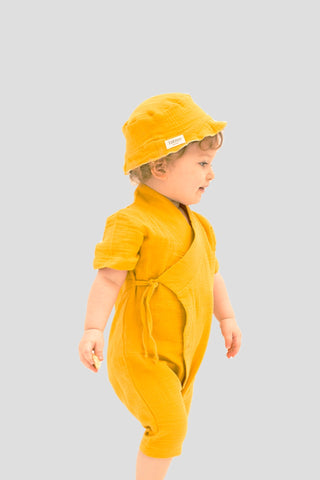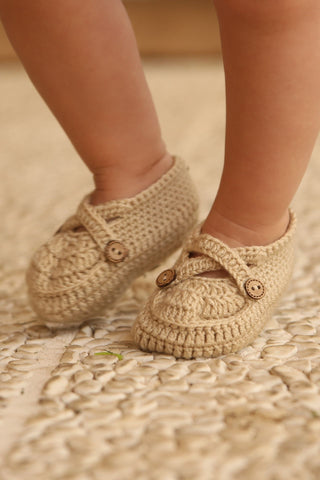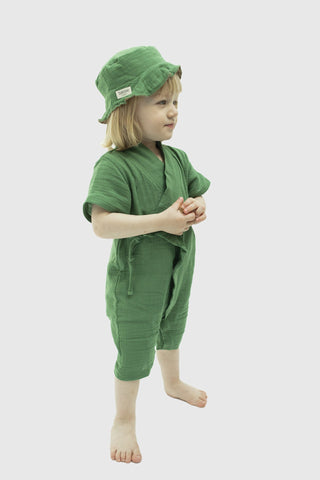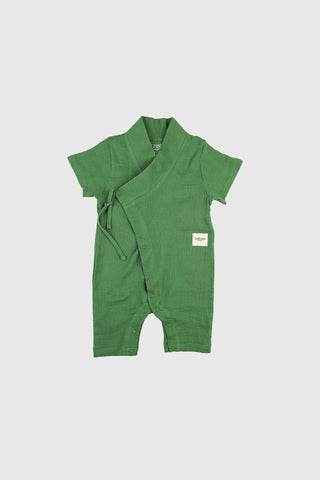When your baby's first teeth start to emerge, you should know that this process can be both exciting and sometimes challenging. Teething in babies is just a part of their growth and development journey. In this article, we will delve into the process of teething in babies and its symptoms in detail. We will also provide some tips to make this period easier for both the baby and parents.
Teething Process in Babies
The teething process in babies generally begins around six months of age, although it can start earlier or later for some babies. The first teeth to emerge are usually the lower front incisors. They slowly come up from beneath the gums. Later, the upper incisors, canine teeth, and finally the back molars come in.
This process typically lasts for a couple of years, and by the time most babies reach the age of three, they have completed a set of 20 teeth. Teething in babies can sometimes be uncomfortable, so it's important for parents to know how to help.
Symptoms of Teething in Babies
Recognizing the symptoms of teething in babies is important. While every baby is different, here are some common signs of teething in babies:
-
Crying and Irritability: The slow emergence of teeth through the gums can cause pain in babies, leading to changes in behavior such as crying, fussiness, and restlessness.
-
Desire for Sweetness: During the teething period, babies' gums may itch, leading them to frequently put their hands or other objects into their mouths. They may also desire more sucking.
-
Redness and Swelling: The area around the gums can become red and swollen. This is often an indicator that teeth are nearing the surface.
-
Diarrhea and Diarrhea-Like Symptoms: Some babies may experience diarrhea-like symptoms during teething. This may be related to changes in the body's defense mechanisms during this period.
-
Sleeplessness: Pain and discomfort can lead to sleeplessness in babies during teething. Restless nights may become more frequent.
-
Increased Salivation: Babies tend to produce more saliva during the teething period. This can help alleviate the discomfort in their mouths.
How to Soothe Teething in Babies
The teething period in babies can be challenging for both the baby and parents. However, there are some methods to make this process more comfortable:
-
Teething Toys: Using teething toys that can gently massage the gums can help babies relax. Using amigurumi rattles, like Totzee's, as teething toys can provide extra comfort for your baby.
-
Cold Items: Cold items can numb the gums. For example, you can offer a chilled teething ring or frozen foods wrapped in a damp cloth.
-
Pain Relief Creams: You can use specialized teething creams or gels available at pharmacies for babies. However, it's important to consult a doctor before using these products.
-
Attention and Love: Your baby may need more attention and love during this period. Interacting with and soothing your baby can make this process easier.
The teething process in babies is a natural part of their growth and development. It's important to remember that it can sometimes be uncomfortable. By recognizing your baby's symptoms and using appropriate soothing methods, you can make this period easier. Keep in mind that every baby is different, so being patient and focusing on your baby's needs is crucial. By managing the teething process correctly, you'll be taking a step toward a healthy smile.









